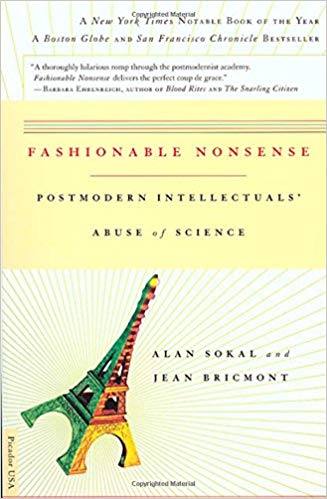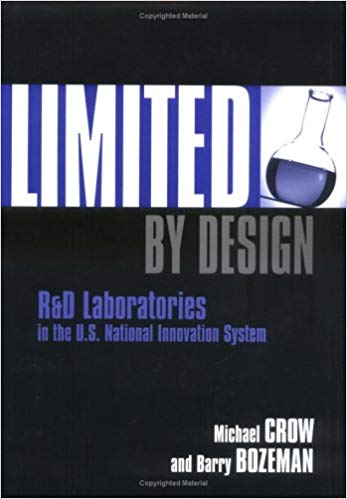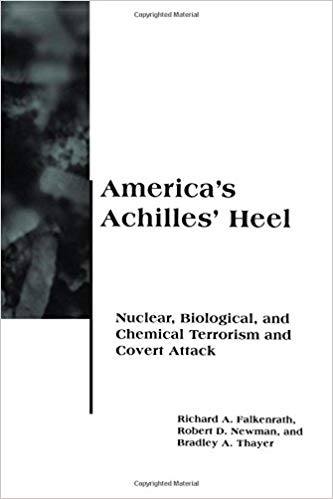Science and Foreign Policy
Every issue explores cutting-edge developments in technology, medicine, education, climate change, and much more. Articles provide in-depth analyses of science and technology’s impact on public policy, the economy, and society—bringing today’s best minds to bear on tomorrow’s most critical topics.
Editor's Journal
The Merits of Meritocracy
The nation must think through its contradictory attitudes toward academic achievement. On May 17, 1999, the Wall Street Journal reported on the disappearing valedictorian. One of the side effects of high-school grade… Read More
From the Hill
From the Hill – Summer 1999
Lab access restrictions sought in wake of Chinese espionage reports In the wake of reports detailing the alleged theft by China of U.S. nuclear and military technology, bills have been introduced that… Read More
Perspectives
Education Reform for a Mobile Population
The high rate of mobility in today’s society means that local schools have become a de facto national resource for learning. According to the National Center for Education Statistics, one in three… Read More
Real Numbers
Does university-industry collaboration adversely affect university research?
Below is the page above transcribed into this article post. With university-industry research ties increasing, it is possible to question whether close involvement with industry is always in the best interests of… Read More
Features
Reworking the Federal Role in Small Business Research
After 16 years of experience and almost $10 billion in federal expenditures, the SBIR program is showing its age. It has lived through business’s technology-driven metamorphosis more as an observer than as… Read MoreAre New Accountability Rules Bad for Science?
In 1993, the U.S. Congress quietly passed a good government bill, with little fanfare and full bipartisan support. President Clinton happily signed it into law, and Vice President Gore incorporated its principles… Read MoreThe Role of the University: Leveraging Talent, Not Technology
During the 1980s, the university was posed as an underutilized weapon in the battle for industrial competitiveness and regional economic growth. Even higher education stalwarts such as Harvard University’s then-president Derek Bok… Read MoreScience at the State Department
The mission of the Department of State is to develop and conduct a sound foreign policy, taking fully into consideration the science and technology that bear on that policy. It is not… Read MoreScience Savvy in Foreign Affairs
On September 18, 1997, Deputy Secretary of State Strobe Talbott gave a talk to the World Affairs Council of Northern California in which he observed that “to an unprecedented extent, the United… Read MoreThe Government-University Partnership in Science
In an age when the entire store of knowledge doubles every five years, where prosperity depends upon command of that ever-growing store, the United States is the strongest it has ever been,… Read MoreSummer 1999 Update
Major deficiencies remain in flood-control policies In “Plugging the Gaps in Flood-Control Policy,” (Issues, Winter 1994-95), I critiqued the policies that helped exacerbate the damages from the big 1993 flood… Read More
Book Reviews

In Defense of Science
Since the publication in 1994 of Higher Superstition: The Academic Left and Its Quarrels with Science by Paul R. Gross and Norman Levitt, a debate has opened up between critics of science,… Read More
Making Sense of the National Labs
In a previous professional life as a systematic biologist, my taxonomy professors drilled into me the concept that taxonomy is not an end in itself. To be meaningful, systems of classification have… Read More
The Terrorist Threat
Terrorism has increasingly become a major security concern for the United States. In the past several years, we have witnessed bombings at the Olympics Games in Atlanta, a federal building in Oklahoma… Read More
Countering Terrorism
In this thoughtful and provocative book, Richard A. Falkenrath, Robert D. Newman, and Bradley A. Thayer argue that although the United States is well prepared to meet military threats from even the… Read More
Archives – Summer 1999
Photo: National Archives Greely Arctic Expedition Pictured here are the survivors of the Greely Arctic Expedition, an undertaking of the First International Polar Year of 1882-1883. Led by Lt. Adolphus W. Greely,… Read More
